Optimal Seasons for Waterproofing Applications
Waterproofing is a critical process to protect structures from water intrusion and damage. The timing of waterproofing application can significantly influence its effectiveness and longevity. Proper planning ensures that the waterproofing materials adhere correctly and provide optimal protection against moisture infiltration.
Spring offers moderate temperatures and increased moisture levels, making it suitable for waterproofing projects that require curing time before extreme weather.
Summer's warm, dry conditions facilitate faster curing and installation, ideal for waterproofing exterior surfaces.
Fall provides cooler temperatures and less humidity, which can be beneficial for certain waterproofing materials before winter.
Winter is generally less suitable due to low temperatures and potential for freezing, which can compromise waterproofing materials.
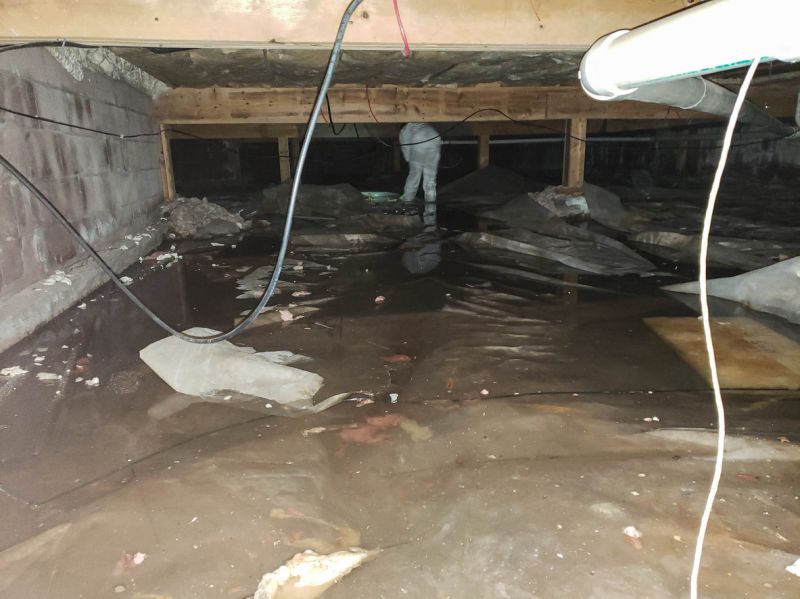
Ways to make Waterproofings work in tight or awkward layouts.
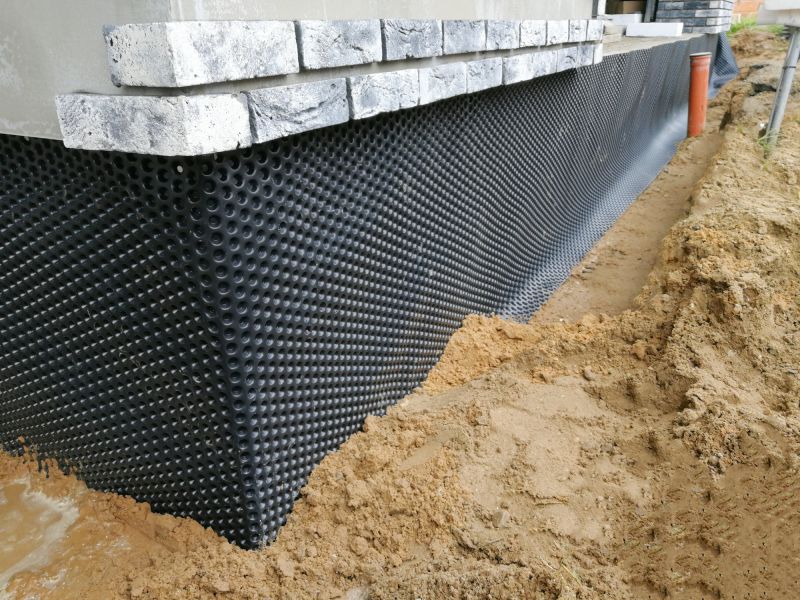
Popular materials for Waterproofings and why they hold up over time.
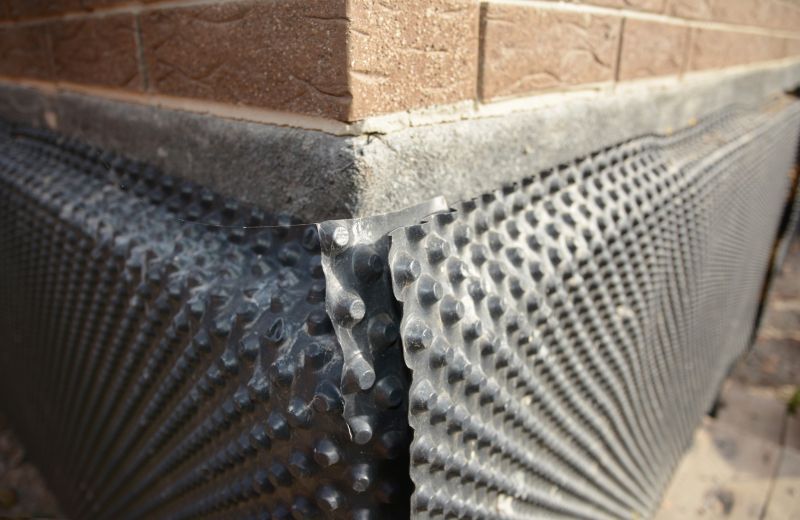
Simple add-ons that improve Waterproofings without blowing the budget.
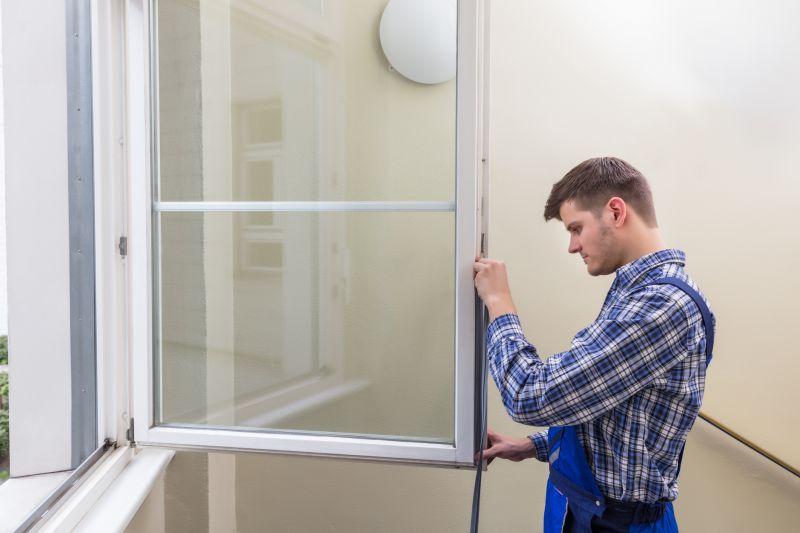
High-end options that actually feel worth it for Waterproofings.
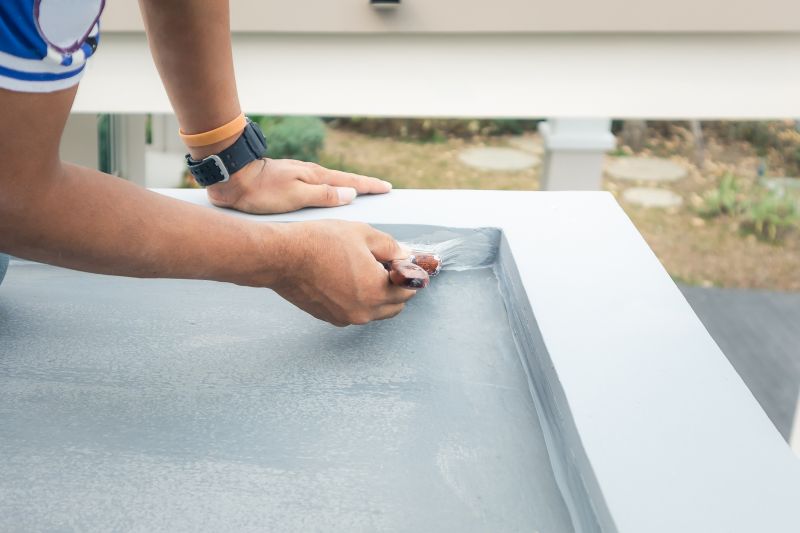
Finishes and colors that play nicely with Waterproofings.
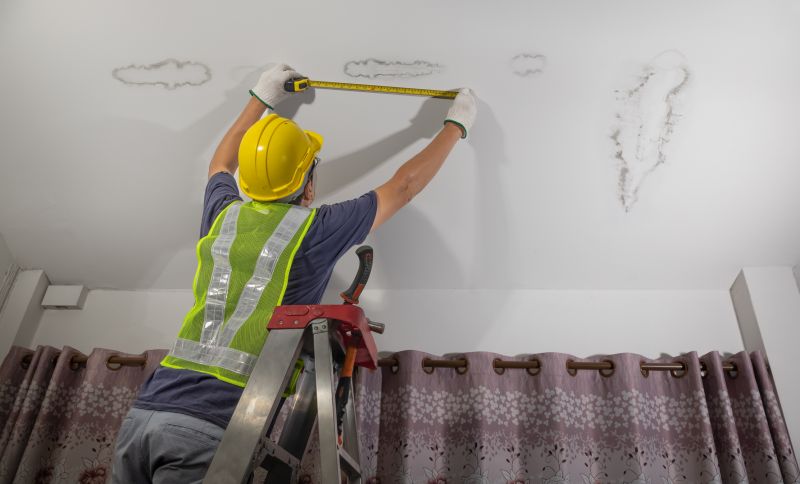
Little measurements that prevent headaches on Waterproofings day.
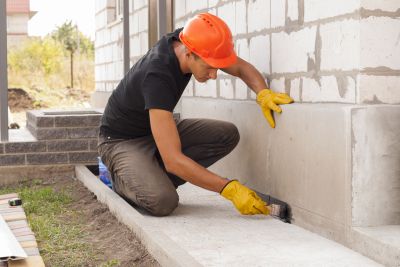
A 60-second routine that keeps Waterproofings looking new.
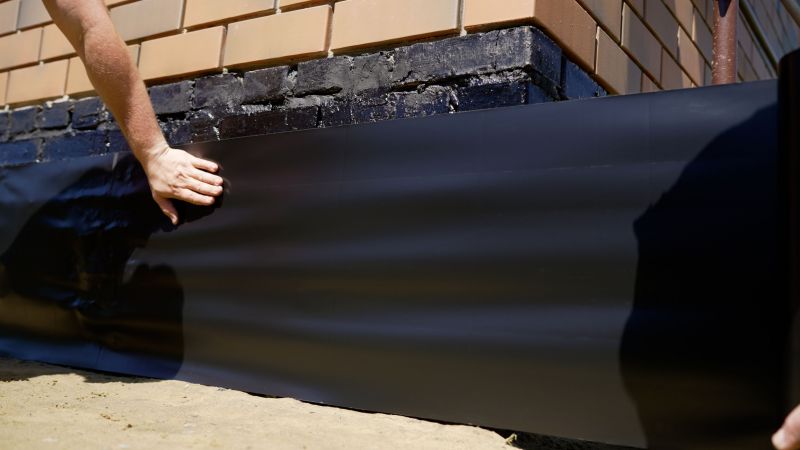
A frequent mistake in Waterproofings and how to dodge it.
| Season | Advantages |
|---|---|
| Spring | Moderate temperatures, good for curing and adhesion |
| Summer | Warm, dry conditions ideal for exterior waterproofing |
| Fall | Cooler weather, suitable before winter |
| Winter | Generally not recommended due to low temperatures |
Waterproofings are essential for protecting buildings against water damage, which can lead to structural issues, mold growth, and costly repairs. Proper application during suitable weather conditions ensures the waterproofing materials perform as intended and last longer. Advances in waterproofing technology have improved durability and ease of installation, making it a vital component of building maintenance and construction projects.
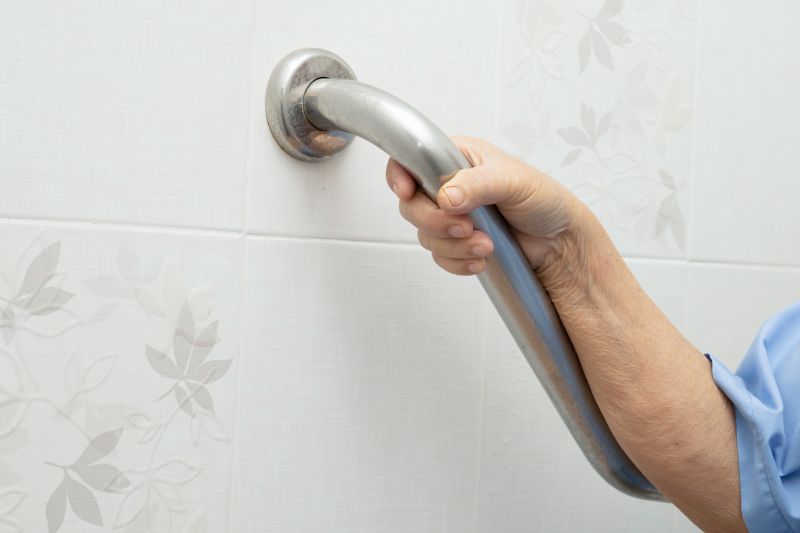
Small tweaks to make Waterproofings safer and easier to use.
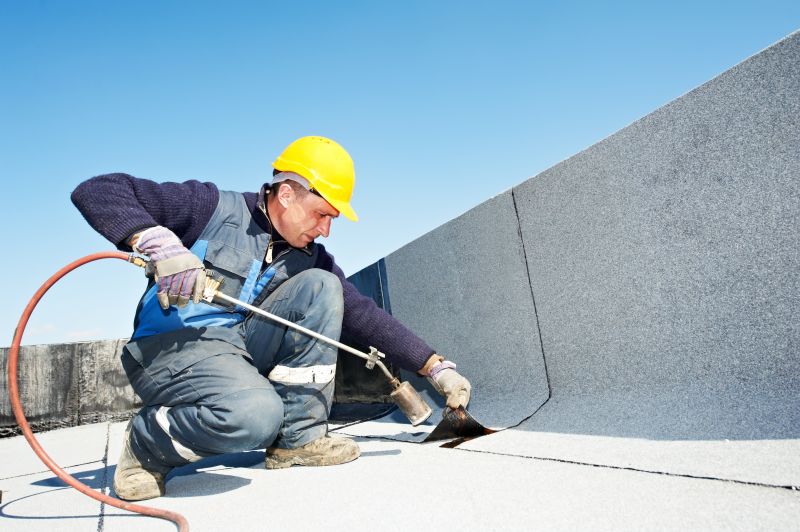
Lower-waste or water-saving choices for Waterproofings.
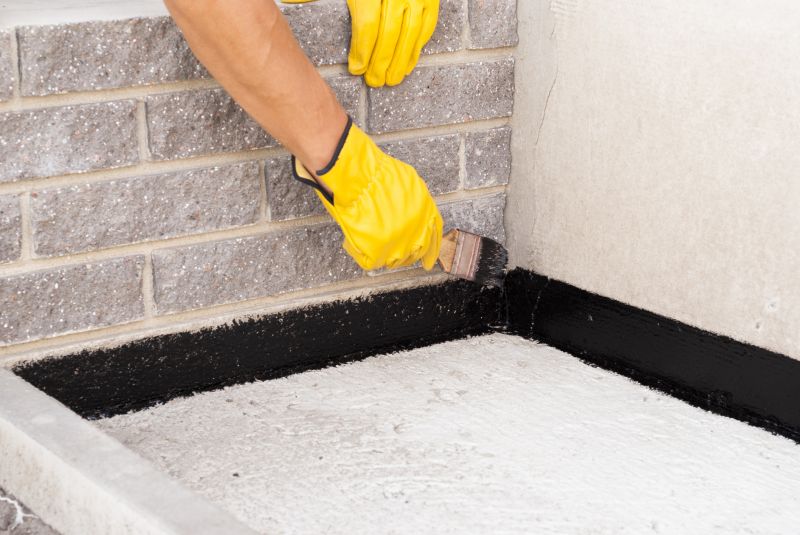
The short, realistic tool list for quality Waterproofings.
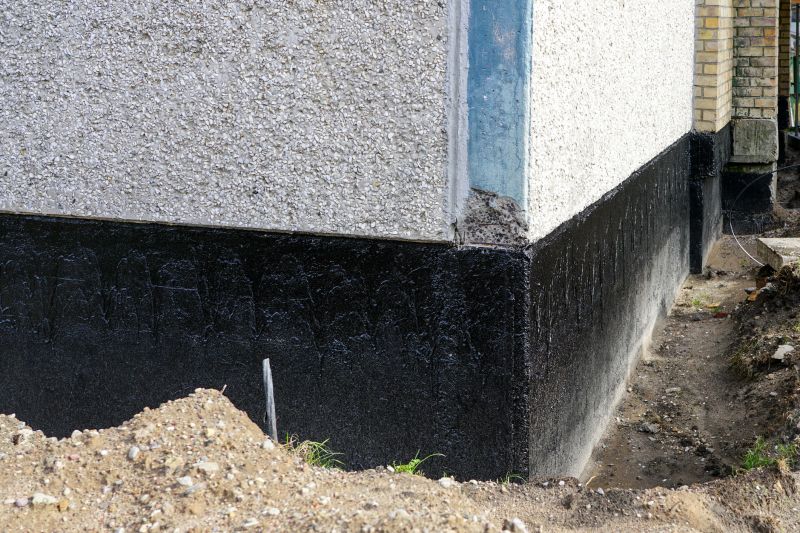
Rough timing from prep to clean-up for Waterproofings.
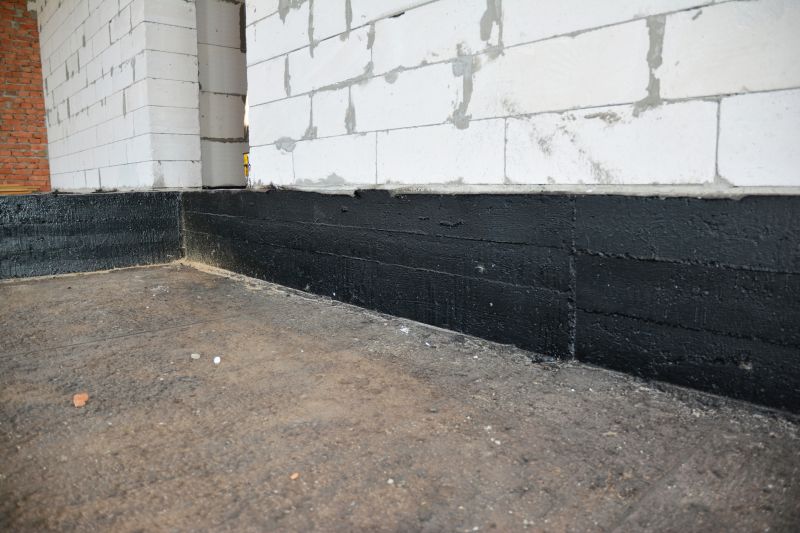
Quick checks and paperwork to keep after Waterproofings.
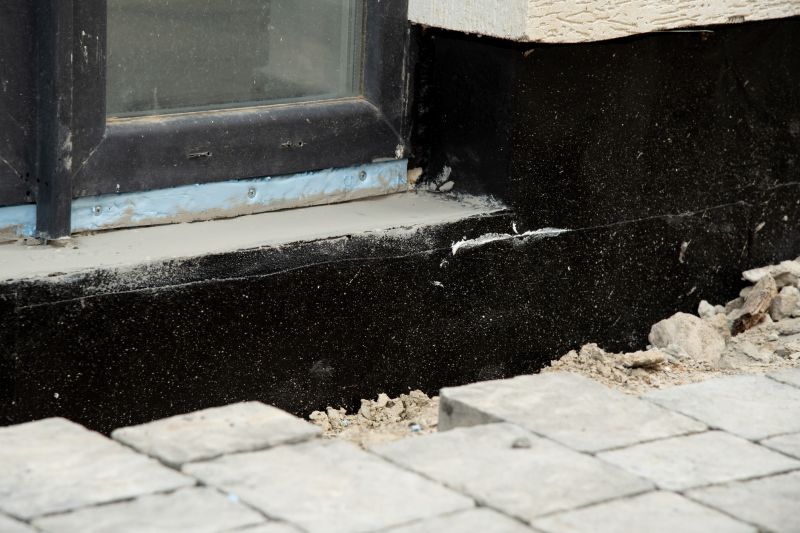
Examples that show the impact a good Waterproofings can make.
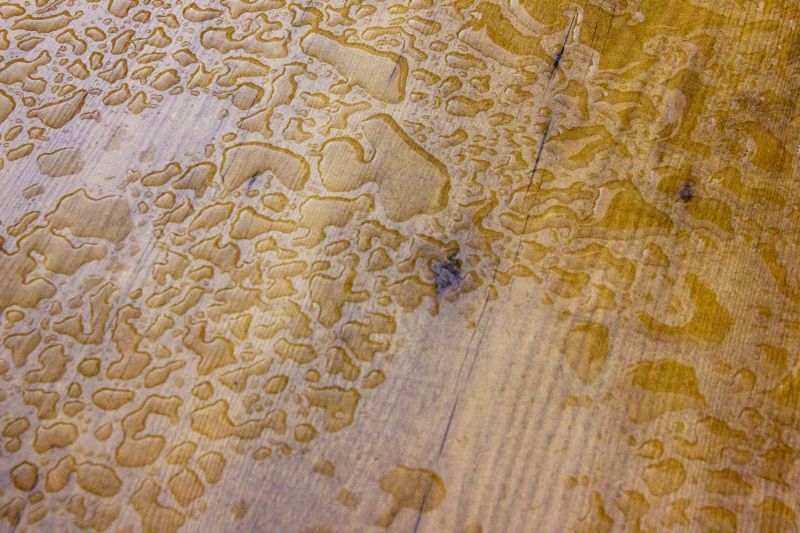
Ways to make Waterproofings work in tight or awkward layouts.
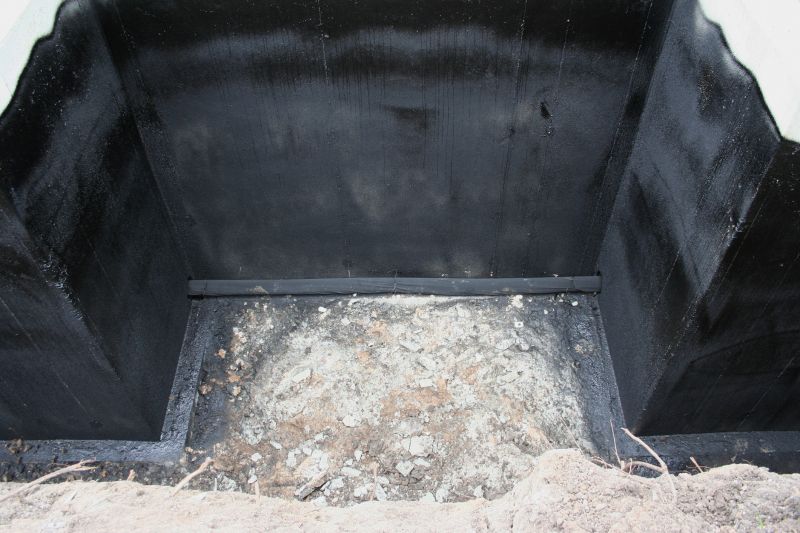
Ways to make Waterproofings work in tight or awkward layouts.
Interested in waterproofing services? Filling out the contact form can provide more information and assistance with planning and scheduling waterproofing projects to ensure optimal protection and durability.


